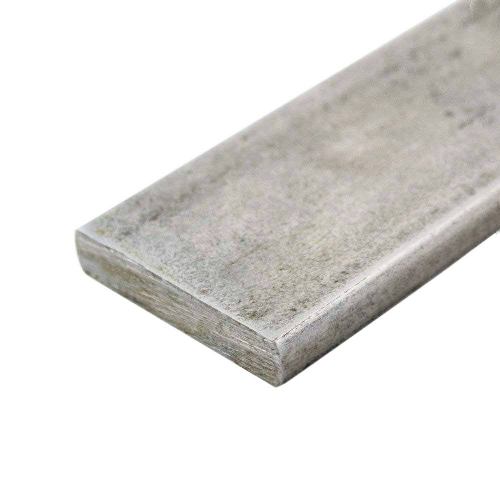Stainless Steel 316TI Flat Bars
Stainless Steel 316TI is a variation of the standard 316 grade stainless steel, specifically designed for enhanced resistance to high-temperature environments. The "TI" in 316TI refers to the addition of titanium, which strengthens the alloy by stabilizing the carbon content. This modification helps prevent the formation of chromium carbide precipitates at high temperatures, which could otherwise reduce the material’s resistance to corrosion. Known for its superior resistance to corrosion, 316TI is highly effective in preventing rust and oxidation in marine and harsh industrial environments. It can withstand temperatures up to 870°C in continuous service, making it ideal for applications in heat exchangers, reactors, and other high-temperature processing equipment.

Stainless Steel 316TI flat bars, in particular, have become highly sought-after for their exceptional resistance to corrosion, high-temperature stability, and long-lasting strength. Ferrobend, a leader in the metal fabrication industry, specializes in the manufacturing of Stainless Steel 316TI flat bars, providing top-quality products to industries ranging from construction and engineering to food processing and chemical handling. In this article, we’ll dive deep into the significance of Stainless Steel 316TI flat bars, the manufacturing process, and why Ferrobend stands out in producing these highly-demanded materials.
Stainless Steel 316TI is not only tough and resilient, but it also maintains its integrity and mechanical properties at elevated temperatures, which is crucial for long-term performance.
Flat bars are one of the most widely used forms of stainless steel, appreciated for their versatility and ease of use. Stainless Steel 316TI flat bars are particularly important because of their broad applications in environments that demand both strength and corrosion resistance.
